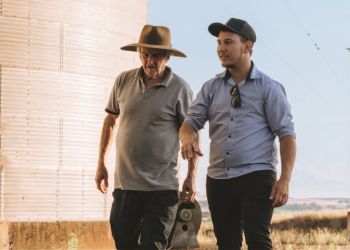The U.S. Government Accountability Office (GAO) has published a report to evaluate progress made and challenges faced by federal agencies in responding to the Zika virus outbreak in the United States. To develop the report, GAO convened an expert meeting with the assistance of the National Academy of Sciences, reviewed literature and agency documentation, and interviewed federal and state officials about the Zika virus and the U.S. response to examine:
- Information on what is known and not known about the epidemiology of the Zika virus, and any challenges with conducting surveillance and epidemiological studies;
- Characteristics of different diagnostic tests authorized during the outbreak, challenges test manufacturers and users faced, and the extent to which FDA and CDC followed their own communication guidance; and
- Strengths and limitations of available mosquito control methods, and challenges federal agencies face supporting these efforts.
Read the report to learn more and review GAO’s recommendations for what actions agencies such as the Centers for Disease Control and Prevention and the U.S. Food & Drug Administration should take to improve Zika preparedness and response.








